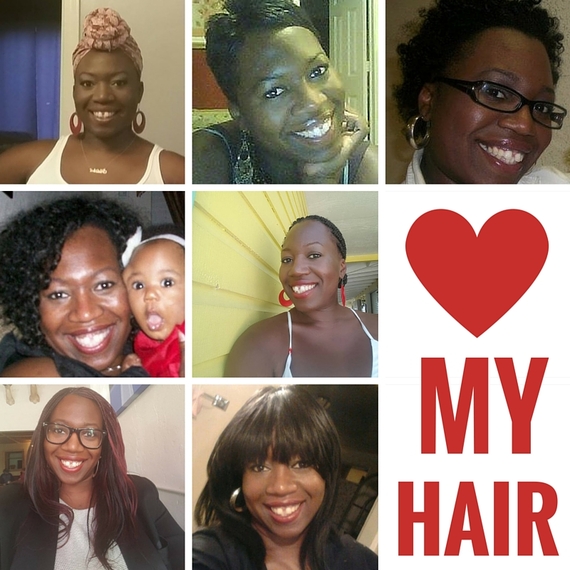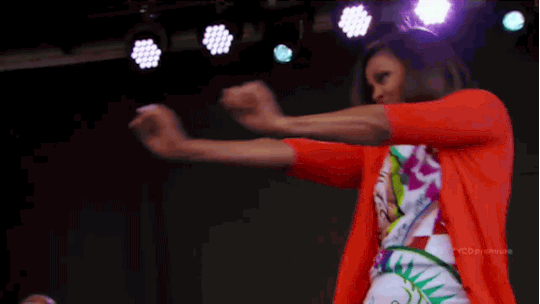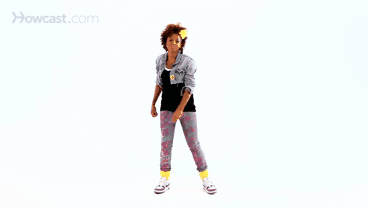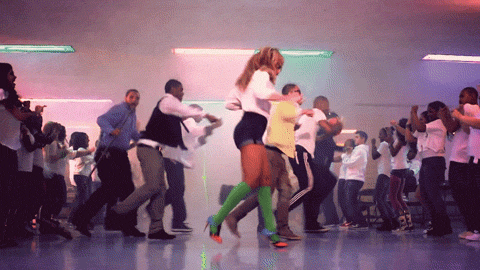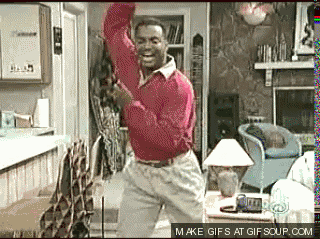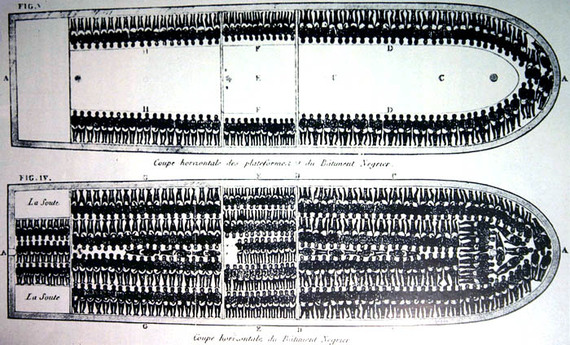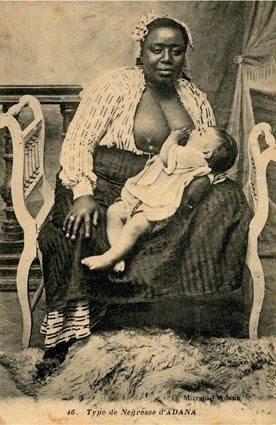
Can I take a minute and tell you about the lip-smacking loveliness that comes with being a Black woman? Will you take that walk with me? I won't be offended if you click off this article. My words will still be on this screen, and someone will read them. You might be tired of my words giving praise to Auntie Bey, The Black Panther Party, and Martin Luther King Jr. To be honest, I'm tired too. I wish I didn't still have to write about these things. I wish things like racism, and state-sanctioned murder wasn't still an issue. But alas, they are, and so I will continue to write.
But today, I want to do a little church clappin'. See below for a demonstration.
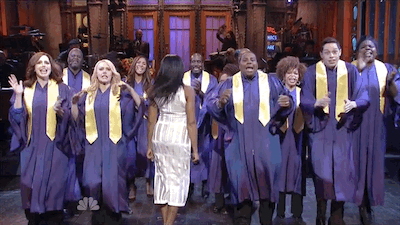
Taraji knows what I'm talkin' about.
Okay, so let's do this. Three reasons I love being a Black woman (though there are myriad more). And yes, I am also Latina, but society (and the census - good old 'one drop' rule) says I'm Black, so Black I shall be. All day. Everyday. Keep with me.
1. The Hair
Some call us chameleons. I call us fabulous. Our hair can go from not longer than the tip of our pinky to grazing our booties in just under 6 hours (if you have two girls working on your head, and nothing else planned for the day). I can wear my hair so many different ways; I tell Mister he never has to cheat. I'll just change my hair, and he'll have a new wife by dinner time! I kid, I kid! But seriously, straight and long (weave me up, baby), short and kinky (love my natural), short and straight (creamy crack, aka relaxer), shoulder length and curly (yes, weave me up one mo' time), long braids (what we call extensions), and cornrows (no, Kimmy K did not invent these, and no, they are not new). And sweet baby Jesus, how can I forget the headwraps, our personal saviors when our hair has clearly lost all of its act right.
2. The Dance Moves
According to the African American Registry, "The dances of the plantation moved onto the stage through Minstrel shows, which introduced black dance to large audiences during the 1800s. As popular entertainment, both Blacks and whites performed them. Initially, Blacks appeared as caricatures that were often ridiculed, but they drew from their cultural traditions even as they made fun of themselves. In 1891, The Creole Show, a revue staged on Broadway introduced The Cakewalk, the first dance created by Blacks to become popular with the white population. Other black-influenced dance trends that followed were the Charleston, the Lindy Hop, the Jitterbug, and the Twist." Let's add on to that with The Hustle, The Slop, and The Mashed Potato (aka The Stanky Leg). Let's also not forget,
And lastly - The Carlton
But know this, we don't claim Drake and his 'Hotline Bling' mess. I don't even know what that was, but I do know it hurt my eyes.
3. The Resilience
So, I get a little (okay, a lot) misty eyed when I think about this one. Stay with me, folks. It's about to get real. Black women were taken from the land they knew as home and crammed shoulder to shoulder on tiny slave ships with their husbands and children.
If the entire family made it through the voyage to America (because often times people died due to the conditions, and their bodies were simply tossed overboard), the families were often separated and parceled out to the highest bidder (i.e. the slave trade). Women would be separated from their husbands, and sometimes their children. To add insult to injury, they would then be forced to care for the children of their owner.
Black women often endured vicious sexual assaults from their masters, and vicious physical assaults from their masters wives as payback for "enticing" their husbands. When their men were taken away, never to return, only to be found hanging from a tree the next day, there was no time to mourn, and grieve, and shout to the heavens. There was only time to swallow down the lump in your throat and get to the next row of cotton because 'ain't nobody got time for tears when the whip is nearby, and there's work to be done'. Black women have endured the unfathomable. We've watched our leaders be assassinated, and our hopes go with them. We've watched the nation's leaders be assassinated, and watched our hopes float away with them too. We've buried our five-year-old daughters after they were bombed to death in the church, our 12-year-old sons who were playing in the park, and our 43-year-old husbands for allegedly selling loose cigarettes. We've endured. Hands in the dirt, backs burning and hunched under the hot sun, taking our babies down from magnolia trees where their bodies swung, as a result of breathing while black. Make no doubt about it, we've endured. And we're still here. We are doctors, and lawyers, and Attorney Generals, and dammit - we are FIRST LADIES.
We are still here.
I am still here.
I, Adiba Nelson, am still here.
And I will continue to be here because they were here first.
*This article first appeared on Ravishly.com*

